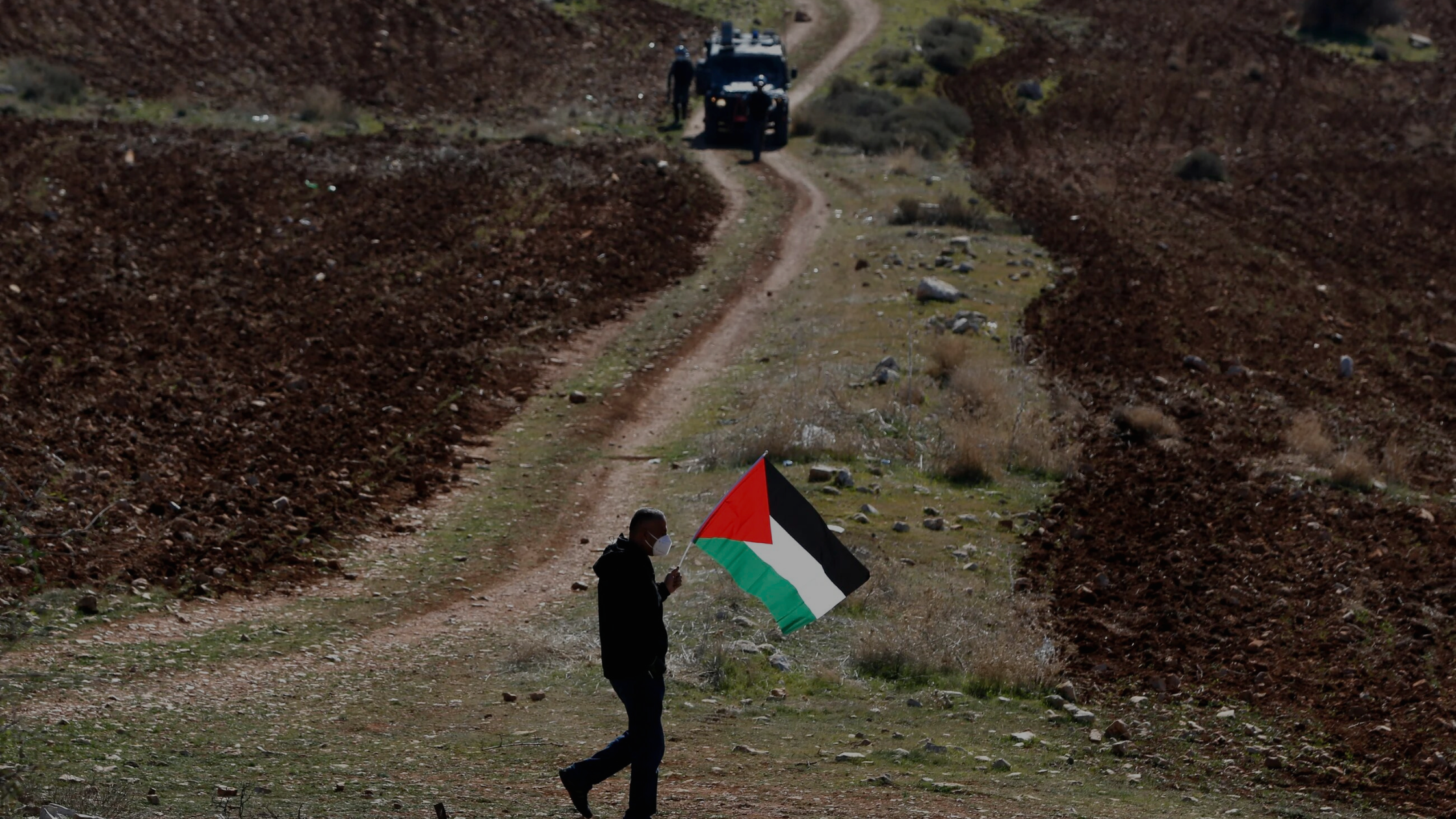77 years. And still counting.
Seventy-seven years of exile, injustice, and relentless suffering for the Palestinian people. Each year that passes is not a step away from the Nakba, but a continuation of it.
On May 15, 1948, the world watched (and turned away) as over 750,000 Palestinians were forcibly expelled, fled in terror, or were massacred in a calculated campaign of ethnic cleansing.
More than 530 Palestinian villages were destroyed, erased from the map to make way for a new state. This moment, known as al-Nakba, the Arabic for "the catastrophe", was not a tragic accident of war. It was a deliberate strategy to empty the land of its people.
It was the beginning of one of the longest and most painful injustices of the modern era.
The Nakba is not a day in the past. It is not confined to dusty pages of history books. It is a living trauma.
 The survivors remember it well. One of them, known as Abu Arab, 90, shared his story with Al Jazeera, a haunting recollection of the night his world was shattered. He was just 13 when Zionist militias bombed his village as families gathered to break their Ramadan fast.
The survivors remember it well. One of them, known as Abu Arab, 90, shared his story with Al Jazeera, a haunting recollection of the night his world was shattered. He was just 13 when Zionist militias bombed his village as families gathered to break their Ramadan fast.
“They knew we would all be in our homes,” he said. Entire families were wiped out in a flash. Villages burned. The old, the young, the pregnant, none were spared.
But the terror didn’t end when the bombs stopped falling. It morphed. Into military occupation, apartheid policies, the denial of the right to return, and the ceaseless expansion of illegal settlements. The Nakba, for Palestinians, never ended. It only evolved.
Today, we are not just commemorating a historical tragedy, we are also mourning a present-day horror.
Palestine remains under siege. The West Bank is carved up by walls and checkpoints. Jerusalem is being suffocated, neighborhood by neighborhood. Entire families are evicted from homes their ancestors built, only to watch them handed over to settlers with state backing. Children are arrested in night raids. Homes are bulldozed in broad daylight.
Gaza, meanwhile, is an open prison. Over 2 million Palestinians are trapped, deprived of clean water, electricity, and medical care. A graveyard of dreams.
 Whether or not one fixates on the events of October 7, 2023, the truth is undeniable: Palestinians have been under siege for more than seven decades. Their suffering didn’t begin in 2023, it began in 1948, and it has been allowed to fester ever since.
Whether or not one fixates on the events of October 7, 2023, the truth is undeniable: Palestinians have been under siege for more than seven decades. Their suffering didn’t begin in 2023, it began in 1948, and it has been allowed to fester ever since.
In Gaza today, the descendants of Nakba survivors are reliving the nightmares of their grandparents.
No army. No protection. No escape.
In the name of “security,” Israel continues to launch repeated assaults on Gaza, indiscriminate bombing campaigns that flatten entire neighborhoods and slaughter civilians. Schools are hit. Hospitals are bombed. Journalists are killed doing their jobs. Doctors die trying to save the wounded. Parents dig through rubble for their children’s bodies.
This is not a defense. This is a massacre.
And today we remember the Nakba not just to grieve the past, but to confront the present. To speak the truth in the face of denial. To remind the world that this injustice did not end with displacement, it continues in real time, on our screens, in our silence.
Honoring the Nakba means refusing to normalize the violence. It means challenging the narratives that erase Palestinian suffering. It means standing with those who are still fighting for their land, their dignity, and their right to exist.
We can speak. We can resist forgetting.
We can demand that our governments stop supporting apartheid and occupation.
We can amplify Palestinian voices, stories, and truths.
We can educate ourselves, our communities, and our children.
We can boycott, divest, and hold institutions accountable.
Because silence is complicated.
And remembrance is resistance.
Palestinians have endured unspeakable loss, but they have never stopped resisting. Their strength is not only in protest, it is in every child learning Arabic in a refugee camp, every grandmother who holds the key to a house bulldozed long ago, and every young voice demanding freedom across the rubble of Gaza.
The Nakba lives on. But so does the spirit of Palestine.



Leave a comment